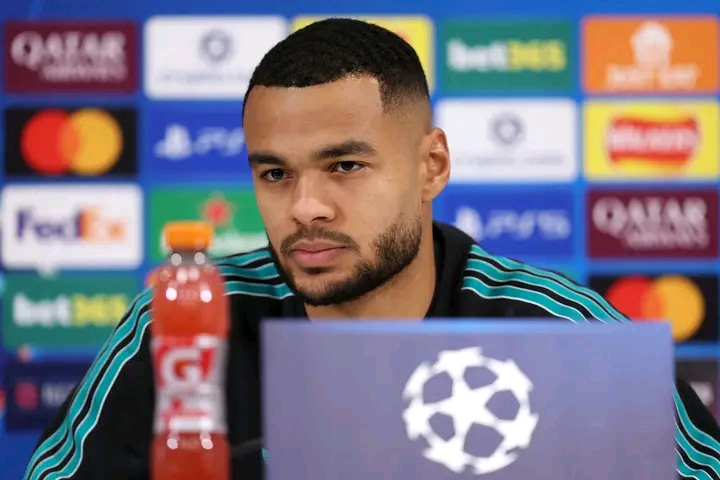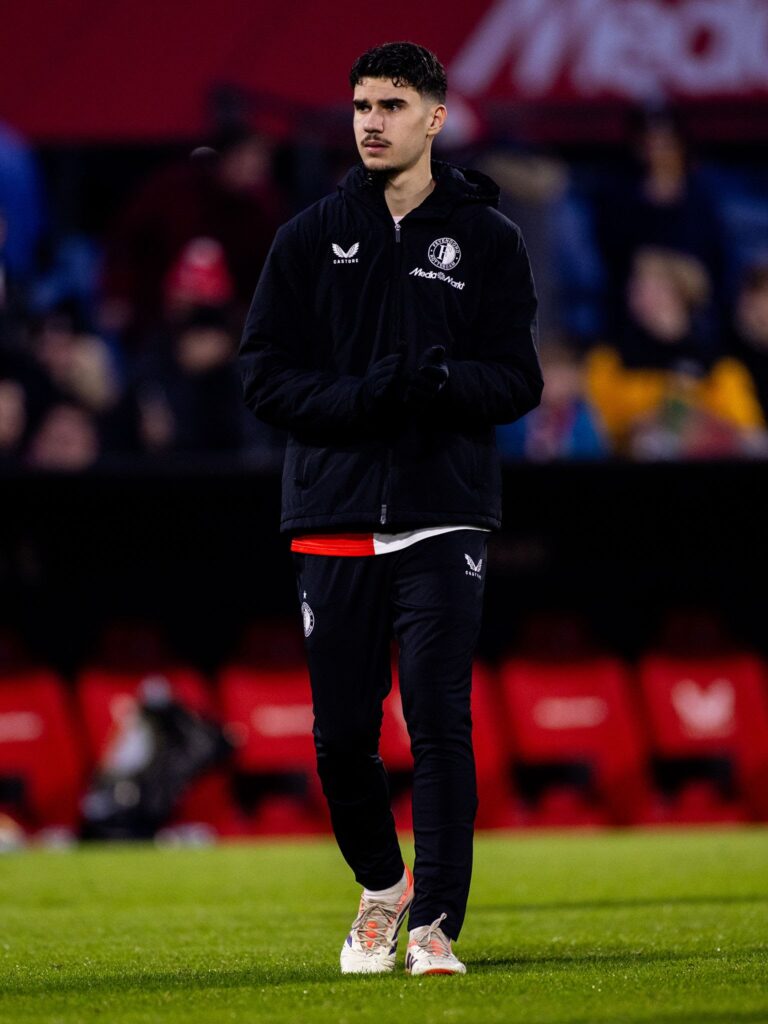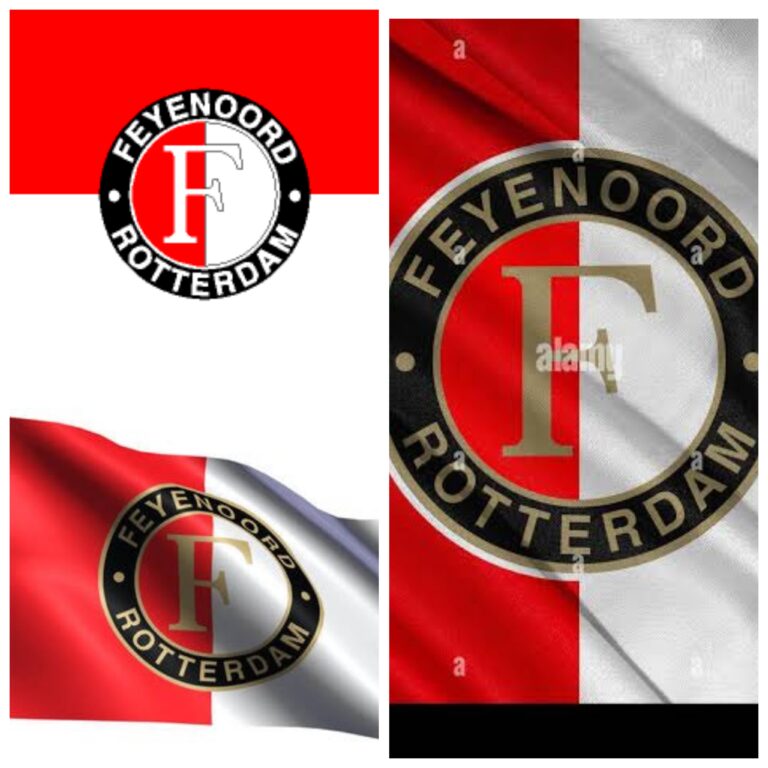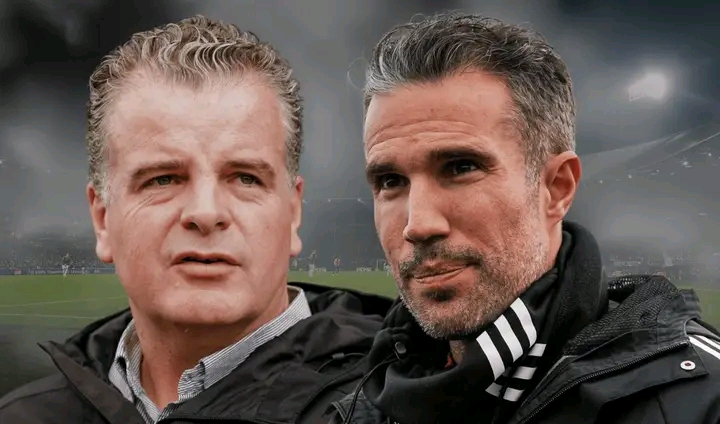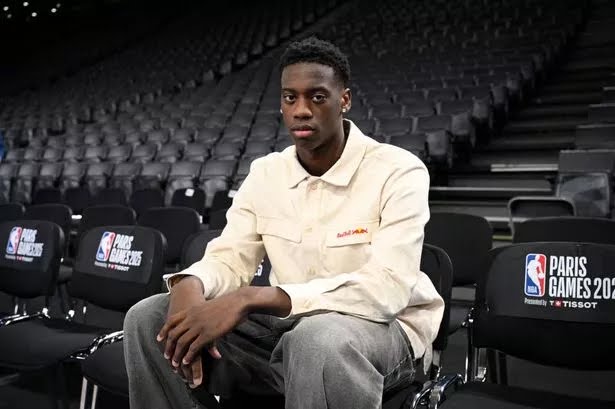
In a groundbreaking shift that underscores the growing financial power of name, image, and likeness (NIL) deals in college athletics, a new top earner has emerged in the world of college basketball following Cooper Flagg’s decision to enter the NBA Draft. The departure of Flagg, once the face of NIL in college hoops, leaves a power vacuum that has now been filled by an unlikely but compelling star who is capitalizing on the rapidly evolving college sports landscape.
The player who now stands atop the NIL mountain is none other than Kansas State’s junior guard, Darius Mitchell, whose rise from a lightly recruited three-star prospect to the nation’s top NIL earner reflects the unprecedented changes in college sports economics. Mitchell’s ascent isn’t just a story about scoring points—it’s about understanding personal branding, leveraging social media influence, and aligning with strategic marketing partnerships that go far beyond the court.
Mitchell, a dynamic 6’4″ combo guard, burst onto the national scene last season, leading Kansas State to a surprise Elite Eight run. His fearless style of play, clutch performances, and infectious charisma caught the attention of fans and brands alike. But it wasn’t until Flagg, the Duke phenom and projected top-3 NBA pick, officially declared for the draft that Mitchell’s status as the NIL king became solidified.
According to multiple sources within the NIL valuation space, including On3 and NIL Deal Tracker, Mitchell is now pulling in an estimated $2.8 million annually in NIL earnings. His portfolio includes national endorsements with sneaker giant Puma, a multiyear content and merchandise collaboration with streaming platform Twitch, and a signature energy drink partnership with Celsius. He also launched his own apparel line, “Mitchell Mode,” which has become a bestseller among Gen Z hoops fans on TikTok and Instagram.
Mitchell’s mother, Dana Mitchell, who serves as his business manager, says the journey has been surreal. “We were just trying to find a school where Darius could play meaningful minutes,” she said. “Now we’re talking to CEOs, managing brand campaigns, and planning off-season global tours. This is a whole new world.”
Perhaps most impressive is Mitchell’s focus on retaining his authenticity amid the sudden fame. Unlike some athletes who outsource their social media presence, Mitchell personally runs his TikTok and Instagram accounts. His short-form videos—ranging from behind-the-scenes glimpses into his game-day routine to humorous skits with teammates—consistently draw millions of views. This hands-on approach has made him not just marketable, but magnetic.
“The thing about Darius is, he’s real,” says marketing strategist Leah Rooks, who has consulted on NIL deals across college football and basketball. “He’s not trying to be something he’s not. He knows what his fans like, and he gives it to them without losing focus on his team or his performance.”
On the court, Mitchell averaged 19.4 points, 6.2 assists, and 1.8 steals per game last season. His decision to return for his junior year was met with jubilation in Manhattan, Kansas. “This team has unfinished business,” Mitchell said in a spring press conference. “I want to win a national title, and I want to keep building something special here.”
Kansas State head coach Jerome Tang has supported his star guard every step of the way. “Darius has handled all of this with incredible maturity,” Tang said. “He’s balancing class, NIL, and basketball better than anyone I’ve ever coached. It’s a testament to who he is as a person.”
Mitchell’s NIL success also signals a broader trend in college athletics, where players from outside the traditional blue-blood programs are increasingly able to capitalize on their talent and personality. With the right mix of performance, media savvy, and opportunity, athletes at mid-level programs can now rival—and in some cases surpass—the earning power of those at powerhouse schools.
As for Flagg, his move to the NBA was expected and logical. After a dominant freshman year at Duke, the 6’9″ forward is projected to be one of the top selections in this summer’s draft, likely securing a rookie contract worth over $10 million in guaranteed money. While his NIL legacy remains intact, his departure clears the way for players like Mitchell to step fully into the spotlight.
Looking ahead, Mitchell shows no signs of slowing down. He’s expected to be a preseason All-American, a Big 12 Player of the Year frontrunner, and a surefire first-round NBA pick next spring. But for now, he remains focused on his collegiate goals, embracing both the business and basketball of being a modern college star.
“I know people see the money and the endorsements, and that’s all great,” Mitchell said in a recent sit-down interview. “But at the end of the day, I still lace ‘em up to win. That’s why I’m here. That’s why I stayed.”
In a new era of college basketball where NIL dollars often rival professional contracts, Darius Mitchell represents a new kind of athlete—one who understands that success today is about more than just the scoreboard. It’s about seizing the moment, staying true to your roots, and redefining what it means to be a star.


